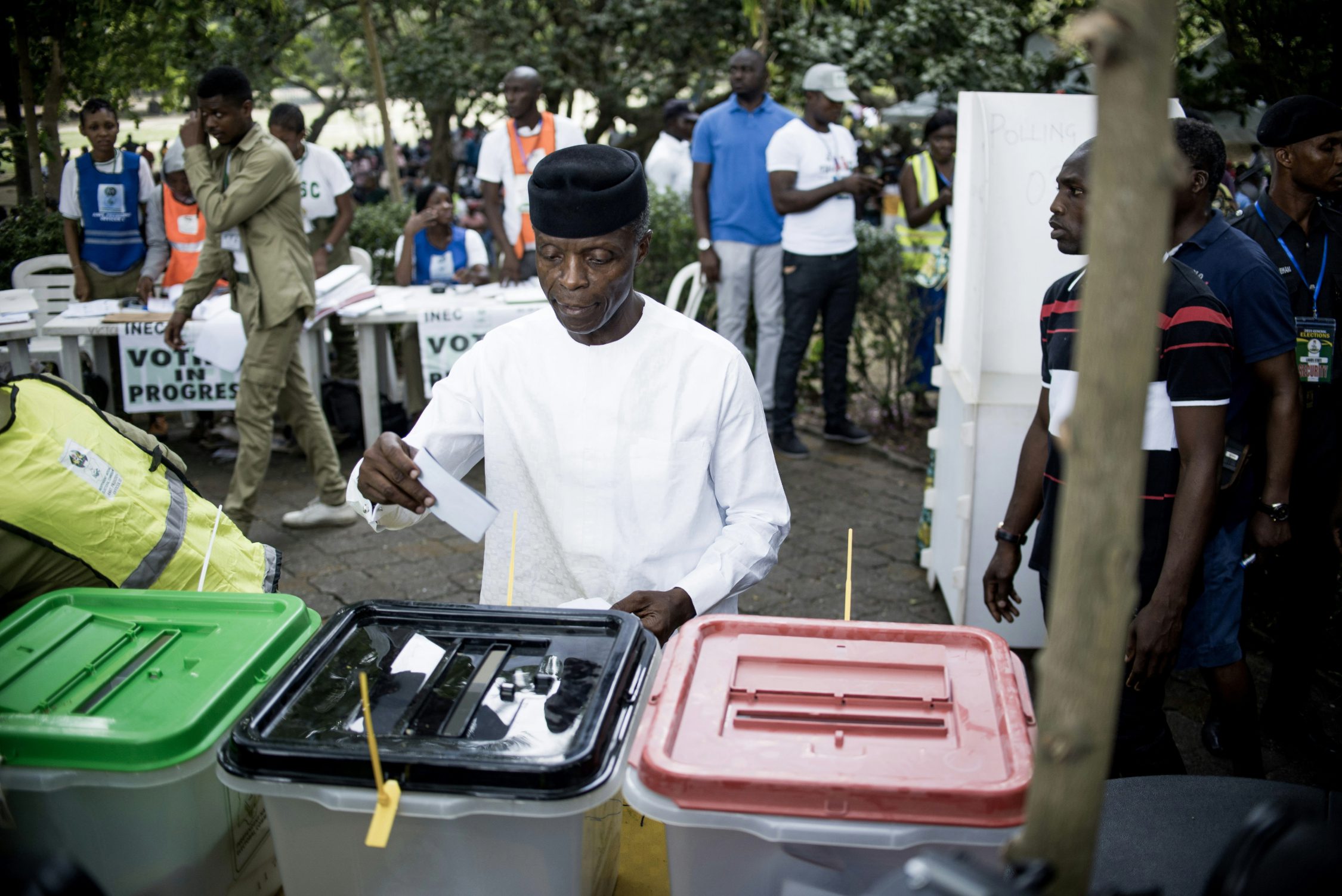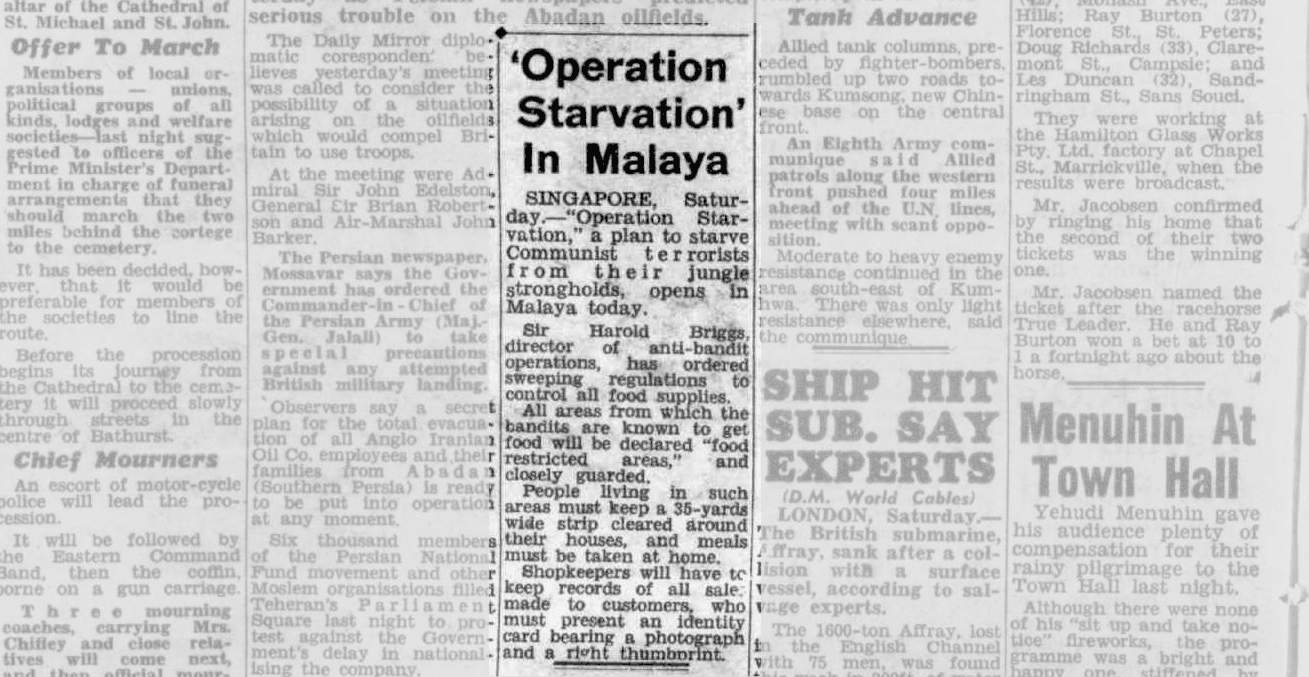Originally published by the Irish Times on February 15, 2021.
The world’s newest humanitarian catastrophe is unfolding in the Tigray region of Ethiopia. The stories of desperate human tragedy and heartless political leaders are both familiar and shockingly fresh.
For those of us old enough to remember Bob Geldof’s Band Aid in 1984, Tigray and the next-door province of Wollo were the epicentre of the famine that the generals who ruled Ethiopia at the time tried so hard to conceal from the world. As many as a million died of starvation in those years, victims of a war fought without mercy and a government too proud to beg for help.
After that, 30 years of peace and development meant that Tigray’s farmers could plough their rocky soils and raise their spindly crops with at least the assurance that they could reap their harvests, take their modest surpluses to market and send their children to school.
No major media outlet would quote Mulugeta’s words, because he wasn’t considered ‘neutral’
A year ago, a plague of desert locusts arrived on top of recurrent drought and almost a million Tigrayan villagers were put on the joint government-United Nations list for food aid.
This precarious but stable life came crashing down in November last year. A political dispute between the regional authorities in Tigray – many of whom had been in power in Ethiopia during the period 1991-2018 – and the new government in Addis Ababa, spiralled out of control. Prime minister Abiy Ahmed had come to office on a wave of enthusiasm for political liberalisation, and won a Nobel Peace Prize for making peace with the neighbouring country Eritrea.
But for Eritrean president Isaias Afewerki, who has ruled for 30 years with no constitution, no free press, no elections, and all his political rivals in jail – and for whom indefinite military service is the fate of secondary-school graduates – the peace deal served as a military pact against the Tigrayans. Although not officially acknowledged, the main belligerent in the Ethiopian war is the Eritrean army.
War of hunger
The war has been horrific: mass killings, rapes, comprehensive looting of towns and villages, burning crops and fields, mass displacement. It’s a war of hunger fought among a people already at the margin.
Journalists have been locked out. The Ethiopian government denies everything: “Not a single civilian has been killed,” says Abiy. Isaias says nothing at all. The rules of media impartiality mean that a journalist with eyewitness testimony of atrocities must ‘balance’ this first-hand evidence against the official government line that all is under control.
Two weeks ago, in a rare phone call from the mountainous redoubts under the control of Tigrayan guerrillas, my colleague Mulugeta Gebrehiwot said: “They have destroyed Tigray, literally.” He went on to say that the Eritrean and Ethiopian forces have “burned schools, clinics, they have ransacked each house.
This dilemma of speaking the truth versus providing aid shouldn’t be on the shoulders of front-line aid workers
They moved in. They have started looting the produce of the peasants, from all the villages beyond the [tarmac] road that crosses Tigray towards Eritrea. And they kill whomever they find in whichever village they get in. In the village I was in yesterday – it’s a small village – they killed 21 people, out of which seven of them were priests.”
Mulugeta is a Tigrayan, a retired member of the Tigray People’s Liberation Front, who became an academic and an authority on peace and security in Africa. He left the Tigrayan capital Mekelle in November to be with his people, and also because death squads were hunting down Tigrayan intellectuals and retired politicians.
No major media outlet would quote Mulugeta’s words, because he wasn’t considered ‘neutral’.
This week, 100 days after the war began and the aid was halted, humanitarian workers are finally trickling back into Tigray, as the government issues a handful of permits. And what they are telling us is that the situation is worse than anyone ever feared. Only four of the region’s 40 hospitals are functional in any form and even those have been looted. Only a handful of towns have received any assistance, and most rural areas not at all. When aid does arrive, village leaders are forced to sign papers saying that they have received a full ration, whereas in reality most or all of the aid is taken by the soldiers.
And we are finding out not only that the rumours of massacres are true – for example, that hundreds were killed in the town of cathedral city Axum, including many pilgrims and monks – but that there are innumerable other cases of arbitrary killing, rape, torture and starvation.
Starving in silence
The truth is that for three months, Tigrayans have been starving in silence. Tigrayans have been crying out, but a blanket of denial and distortion has stopped us from hearing their cries.
The failure reaches to the very highest level. Humanitarians have acknowledged for years that famines are man-made and that starvation is a crime. We know that the sophisticated ‘food security’ assessment and early-warning systems, based on monitoring crops and measuring child malnutrition, breaks down when generals or warlords use starvation as a weapon of war and keep the humanitarians out.
And then, adding insult to hunger, those same men who made the famine typically put conditions on humanitarian work: stay silent or face expulsion. Aid workers face the terrible choice: do we speak frankly and risk our life-saving operations? Or do we accept that we aid the victims on the terms set by the killers?
This dilemma of speaking the truth versus providing aid shouldn’t be on the shoulders of front-line aid workers: the United Nations should take a lead.
In May 2018, the UN Security Council passed resolution 2417 on armed conflict and hunger. It was the result of years of lobbying by humanitarians who wanted a high-level mechanism to call out and prevent starvation crimes. The resolution requires that the UN secretary-general report “swiftly” to the Security Council when armed conflict threatens “widespread food insecurity”.
Until now, the Security Council has just held informal briefings on the crisis, shielded by the argument – or pretence – that we don’t know enough. That alibi was always threadbare, it’s now non-existent.
Ireland joined the Security Council last month. It has promised that overcoming hunger will be a theme of its membership.
Speak out for the voiceless starving, Ireland.
Alex de Waal is the executive director of the World Peace Foundation© 2021 irishtimes.com


